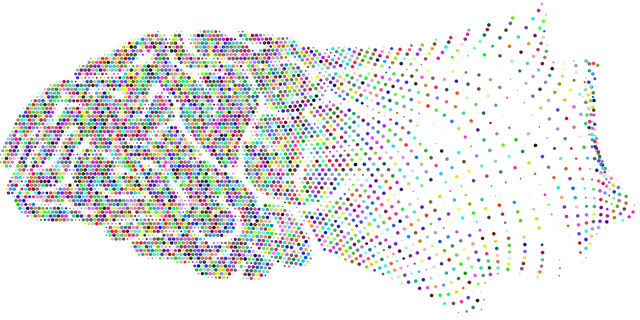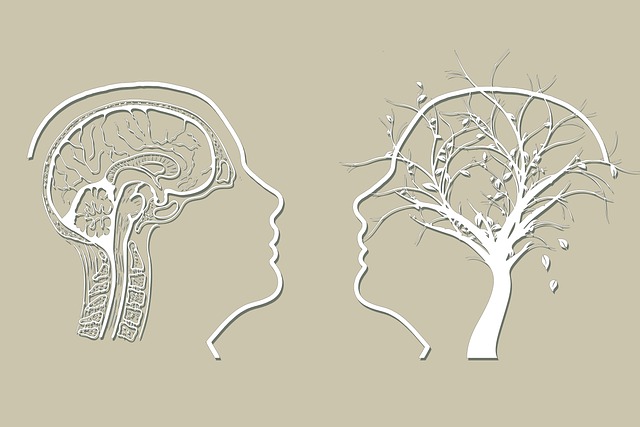Arvada Blended Families Therapy employs comprehensive risk assessment and specialized support for couples and children in complex family structures. Through data-driven methods, therapists mitigate risks by addressing mental health concerns, family dynamics, and cultural sensitivities. This holistic approach combines traditional and innovative therapies, fostering open communication, emotional healing, and proactive mental health management. By prioritizing safety, stigma reduction, and individual needs, Arvada Blended Families Therapy creates a supportive environment for families to thrive.
In the realm of therapy, risk assessment and harm minimization planning are indispensable tools. This article explores these cornerstone practices within the context of Arvada Blended Families Therapy. We delve into understanding risk assessment as a foundational element for effective therapeutic interventions. Additionally, we present tailored strategies for harm minimization in blended families, focusing on practical approaches. Through examining real-world implementations and continuous improvement efforts in Arvada, this piece offers valuable insights for professionals navigating complex family dynamics.
- Understanding Risk Assessment: A Cornerstone of Effective Therapy
- Harm Minimization Planning: Strategies for Blended Families
- Implementation and Continuous Improvement in Arvada Blended Families Therapy
Understanding Risk Assessment: A Cornerstone of Effective Therapy

Risk assessment is a fundamental process in therapy that involves identifying and evaluating potential hazards or dangers within an individual’s life. It serves as a cornerstone for delivering effective support, particularly within the context of Arvada Blended Families Therapy. By meticulously analyzing various factors, therapists can gain insights into clients’ lives, understand their vulnerabilities, and proactively develop strategies to mitigate risks. This proactive approach ensures that interventions are tailored to address specific needs, fostering a safer and more supportive environment.
In the realm of Arvada Blended Families Therapy, understanding risk assessment is pivotal for addressing complex family dynamics and mental illness stigma reduction efforts. It involves not only identifying immediate dangers but also considering underlying stressors and potential triggers. Moreover, integrating Stress Reduction Methods can enhance the therapeutic process by equipping individuals with tools to manage risks and improve overall well-being. Additionally, Healthcare Provider Cultural Competency Training plays a crucial role in ensuring therapists are equipped to address diverse client needs, thereby enhancing harm minimization efforts within the therapy setting.
Harm Minimization Planning: Strategies for Blended Families

Blended families, often formed through second marriages or partnerships, present unique challenges and opportunities for risk assessment and harm minimization planning. When couples with children from previous relationships come together, it’s crucial to consider the well-being of all involved, especially as they navigate new dynamics and family structures. Arvada blended families therapy plays a vital role in supporting these families by offering specialized strategies tailored to their needs.
Harm minimization planning involves creating safe and supportive environments, fostering open communication, and promoting cultural sensitivity in mental healthcare practice. By incorporating public awareness campaigns development and emphasizing emotional healing processes, therapists can help blended family members understand and manage potential risks. This holistic approach ensures that each individual’s emotional needs are addressed while strengthening the overall family dynamics.
Implementation and Continuous Improvement in Arvada Blended Families Therapy

Arvada Blended Families Therapy prioritises continuous improvement through regular evaluation and adaptation to emerging needs. The implementation process involves a multi-faceted approach that incorporates both traditional therapeutic methods and innovative practices. By fostering open communication strategies, therapists create safe spaces for emotional healing processes within families. This inclusive environment encourages the expression of diverse perspectives, facilitating deeper understanding and connection among all members.
Through ongoing monitoring and feedback mechanisms, the therapy programme identifies areas requiring refinement. This data-driven approach ensures that interventions remain relevant and effective in addressing the unique challenges faced by blended families. Additionally, focusing on depression prevention strategies as part of the overall harm minimization plan, Arvada Blended Families Therapy promotes proactive mental health management, empowering families to navigate transitions smoothly.
Arvada Blended Families Therapy emphasizes the importance of understanding risk assessment as a cornerstone for effective therapy. By implementing harm minimization planning, families can navigate complex dynamics with strategic strategies tailored to their unique needs. Continuous improvement through ongoing evaluation ensures these therapeutic approaches remain relevant and impactful, fostering healthier relationships within blended families.














